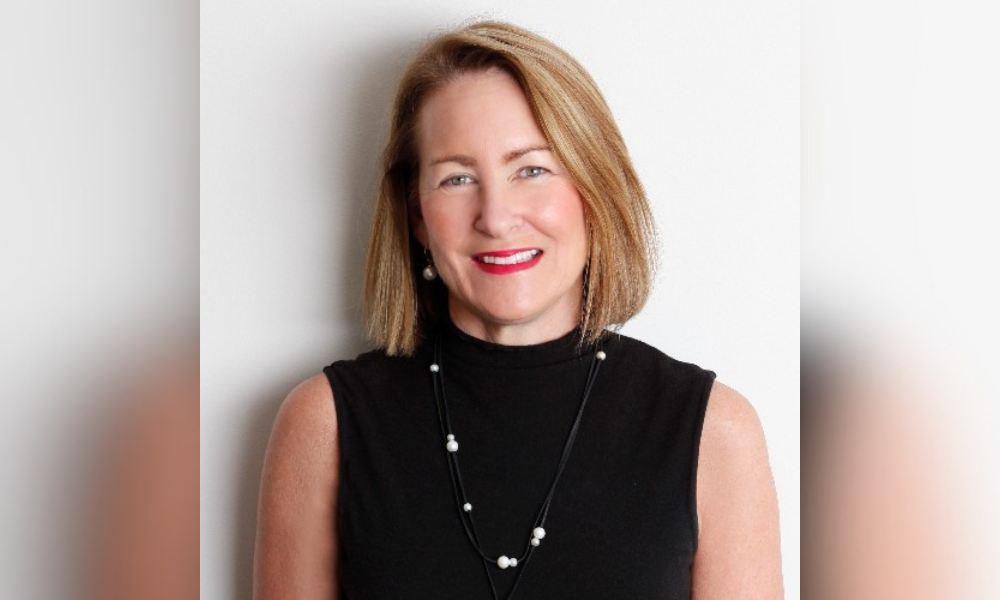
Baker McKenzie's Louise Campbell on the value of employee feedback and HR initiatives

One of the recent local initiatives that law firm Baker McKenzie has been working on is ‘Baker Evolution,’ a series of feedback sessions to get a deeper understanding of how the firm is operating and ways it can be improved.
And Louise Campbell, director of Human Resources Australia at Baker McKenzie, is one of the team members who has been leading the programs that have stemmed from that feedback.
“We gathered feedback from all of our people across the board – if they wanted to sit in a room and give us that feedback,” she told HRD Australia. “From ‘There aren't enough coffee cups in Melbourne’ through to ‘We want to see some more transparency on the gender pay gap’. And all of the feedback’s been pulled together and then disseminated to the people who are responsible for delivering on the KPIs or the initiatives.”
Campbell added that it was “an exciting project to be a part of”.
“And it's big,” she said. “Where the scope of it is planned probably to keep rolling these initiatives out – because there's so many of them – over the next two years until we can get better for our people and what they're looking for.”
Baker McKenzie didn’t just open feedback on a local scale. It has a global survey called BakerPulse as well.
“The survey feedback has given us the footprint to listen to our people in a simple, concise way,” Campbell said. “And then we've got people who sit in a team who've cut [the feedback] up into regions and then countries.
“Mostly across the board, the feedback from those surveys has been fairly consistent around people wanting more feedback in the moment; wanting their performance reviews to be more consistently applied. The usual one is wanting or needing more communication. While it's not earth shattering, it's just given us a little friendly reminder that we should be listening to our people all the time.”
One of the areas Baker McKenzie has been particularly focusing on is its gender pay gap. Following government legislation, the Workplace Gender Equality Agency (WGEA) published the gender pay gaps of nearly 5,000 private sector employers in February this year.
It found a 21.7% gender pay gap across Australia, with women earning only 78 cents for every dollar earned by a man.
In light of the legislation, Campbell highlighted Baker McKenzie’s pay equity targets.
“We've focused on our gender pay gap very seriously,” she said. “I've been here for four-and-a-half years, and that work was being done before I got here. Probably for the last eight or so years, we have been focused on our targets. We’ve got a 40:40: 20 target for women in partnership, both in equity and non-equity partnerships.”
This target refers to the ratio of 40% men, 40% women and 20% of any gender.
“Our gender pay gap was similar or on par with other top tier law firms,” she said. “There's still a ton of work to go to get that better.”
One of the areas the firm saw that needed attention was its parental leave policy in Australia, Campbell said. She said the feedback they had received was that the company hadn’t been doing particularly well in this part of the business.
As a result, Campbell led an initiative to support parents who return to work after maternity leave, which included a checklist that covers everything they would need – from work equipment to a desk space to informing supervisors of their return.
“It really has been a progressive work in terms of getting that parental leave experience really sparkling, particularly on return, for our people,” she said.
In addition, Baker McKenzie has a collaborative relationship with Parents at Work, an organisation which offers services like parental leave coaching before, during and when you return to the office, Campbell said.
“That's just really upped the ante on our parental leave offering to people from an external body.”
Campbell said workplaces are changing and people want to work for employers that care about their work-life wellbeing.
“I’m seeing that more and more people are having trouble separating their work and their life and the wellbeing that comes with [that],” she said.
“Workplaces need to shift their mindset a little bit around that concept. And I'm not saying it's easy but I'm seeing more and more demand of it from our people. I think in the post COVID world, we need to be ultra vigilant about resilience in the workplace.”
When asked to share her ideas of how to create a good workplace culture, Campbell highlighted that most people want to work somewhere with like-minded people.
“I don't mean that everyone has to be the same or look the same,” she said. “Diversity is absolutely key. But I think when you're working, most people like to be somewhere where you're working with like-minded people who are in the same orbit as you are in terms of creating a good workplace culture.”
And while she acknowledges that you don’t have to be best friends with everyone, what is important is having respect for others.
“Have a genuine respect and be authentic, I think is a key ingredient in a good workplace culture,” she said.
Another key area Campbell believes is important is the ability to call out behaviours that negatively impact the workplace culture.
“If you've got a workplace culture that gives you permission to call out disrespectful behaviours or language – either physical or verbal – it means that you're weeding out a bad workplace culture as you go along,” she said.